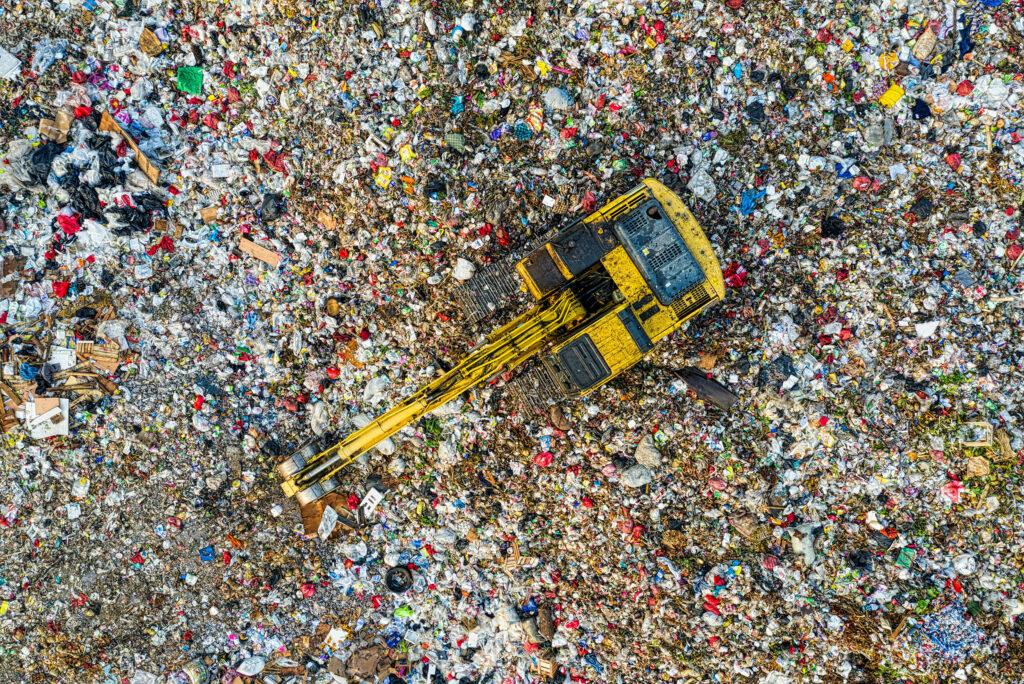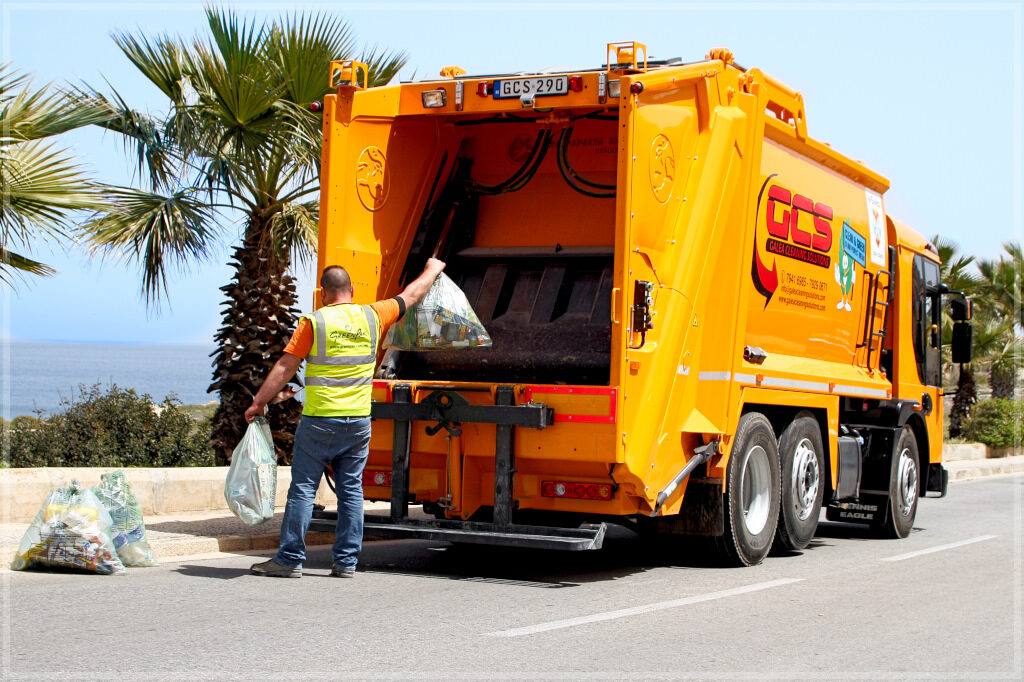ClieNT
Ministry for Sustainable Development, Environment and Climate Change
Project Background
The waste management hierarchy minimises environmental impact and favours sustainability through waste prevention (waste minimization) and least favours the untreated disposal of waste (landfilling).
The National Waste Management Plan (NWMP) provides a framework for waste management on a national scale covering the period from 2014 to 2020.
It also defines how Malta can achieve sustainable waste management by preventing and properly handling waste.

Request
The Ministry for Sustainable Development, Environment, and Climate Change (MSDEC) commissioned AIS to carry out a Strategic Environmental Assessment (SEA) on the National Waste Management Plan (NWMP) covering the period from 2014-2020, to evaluate the environmental effects of the plan.
The SEA on the NWMP helped understand the development context of the strategy being assessed, identified problems and potential solutions to the impacts, as well as addressed key trends, and assessed environmental and sustainable viable options.
Our Input:
A description of the policy and other legislative frameworks
A description of the existing national environmental conditions such as:
Air Quality, Climate Change, Biodiversity, Freshwater, Waste, Marine and Coastal, Environment, Land uses, Transport
A description of the National Waste Management Plan possible environmental impacts
Recommendations that could reduce the NWMP’s environmental impacts
AIS also handled all consultations with the SEA Focal Point, stakeholders, and the public on behalf of the client.
Results
The SEA suggested several recommendations to minimise the strategy’s environmental impact on the NWMP. Such recommendations aimed at promoting waste prevention and minimization. Examples:
- To incorporate commercial and industrial waste within the municipal waste collection system.
- To consider that disposing of waste at sea should only be done in the case of inert C&D waste
- To re-use, recycle or recover non-hazardous waste rather than disposing of it at sea
